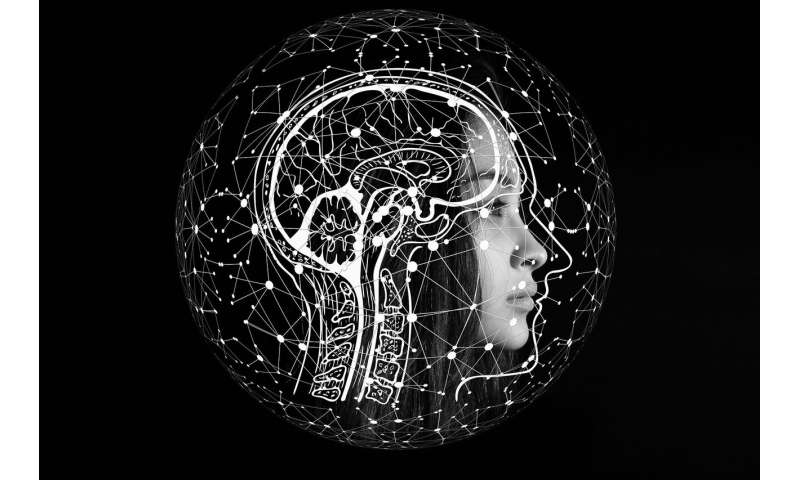Connecting the brain and consciousness


What is consciousness? What does it mean to be ‘aware’, and how is our consciousness connected to the physical brain? A recent thesis from Uppsala University explores the philosophical aspects of the issue, and proposes a solution: the ‘intrinsic consciousness’ theory.
“We need to combine empirical and conceptual work to assess the significant issues raised by these developments in brain research. As a philosopher, I do not claim to be a scientist. But to fill the knowledge gaps between brain research findings and our understanding of consciousness as a concept, we need a framework that connects them” says Michele Farisco, researcher at Centre for Research Ethics & Bioethics (CRB) at Uppsala University and also Associate Professor of Moral Philosophy.
In the past, neuroscientists and philosophers have thought of the brain and consciousness as two separate entities, or viewed consciousness as something that emerges from the brain. However, according to Michele Farisco, this might not be the case. In recent years, neuroscientists have described the brain as an active organ that spontaneously evaluates the features of the world that surrounds it independently of external input. This kind of modelling activity is either aware or unaware, and there is no sharp distinction between the two. It is in the light of these developments in neuroscience that Michele Farisco suggests a new philosophical model to explain consciousness: the ‘intrinsic consciousness’ theory.
According to his model, consciousness is not something that emerges from the brain. Instead, it creates links within the brain. In other words, our consciousness is in essence our brain’s ability to model the surrounding world, and to use the information that is both available and relevant to make sure we survive. Michele Farisco’s thesis focuses on disorders that affect our consciousness, and he sees clear clinical implications for people with brain damage. In this model, a damaged brain that still has intrinsic and resting state activities that are independent from external stimuli is still conscious, although on a very basic level.
What does this mean for patients who are in a coma or vegetative state? In Michele Farisco’s opinion, we need to reconsider whether they are in fact ‘unconscious’. The brain operates on an aware and an unaware level. These patients might still be able to experience positive or negative emotions on an unaware level, and some of them might also be able to perceive what is going on around them. Using computer simulations and other tools, some of these patients might be able to regain some of their residual awareness and even communicate on a very basic level, but we might also want to acknowledge and take care of their residual unawareness, which is ethically relevant as well.
Source: Read Full Article